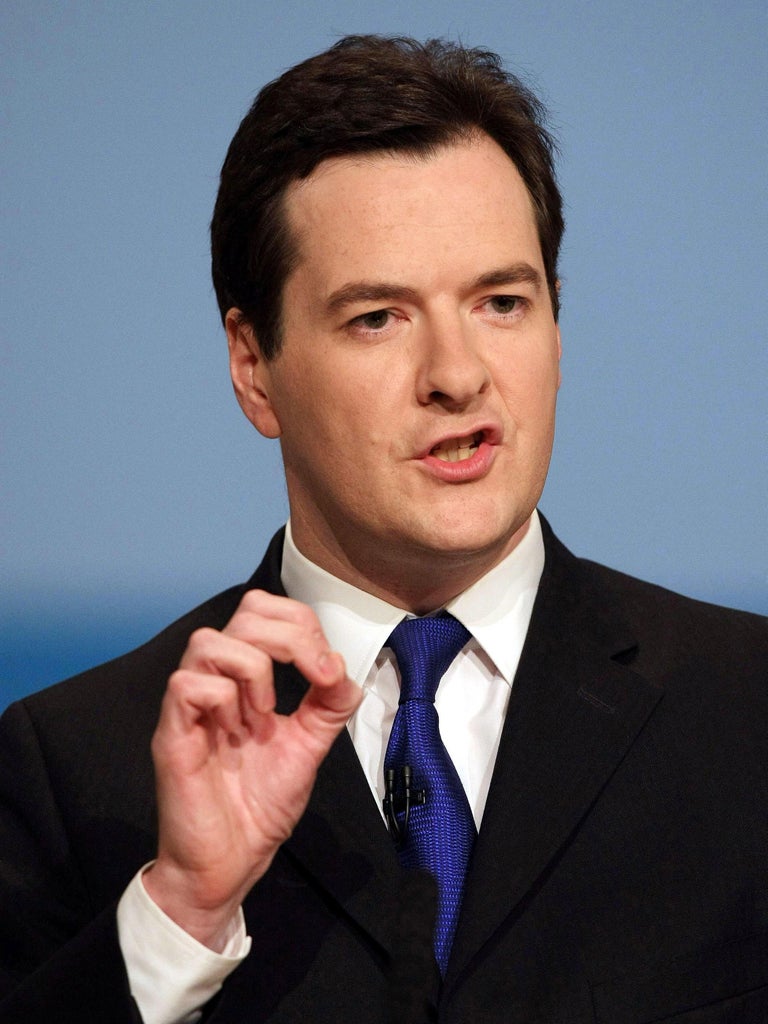
George Osborne will outline plans today for a wide-ranging overhaul of the structure of Britain's major banks, forcing them to separate their high street and investment operations.
The Chancellor's move is designed to prevent a repeat of the 2008 financial crisis when major banks had to be rescued from collapse by a multibillion pound bailout from the taxpayer.
The separation – confirmed yesterday by the Business Secretary Vince Cable – has been resisted by some of the banks which have claimed the shake-up could cost them up to £12bn and warned the bill could eventually be passed on to customers. The Treasury is expected to put the cost at between £4bn and £7bn.
There have also been tensions between ministers over whether to press ahead with such wide-ranging reform at a time when the economy is so fragile. However, Mr Osborne will tell MPs today he is implementing the full recommendations of the Independent Commission on Banking, which called for lenders to be forced to create "firewalls" between their retail and investment operations.
The banks will have to split their operations into legally distinct separate arms, although it is not clear yet what will go into each side.
Mr Osborne will also tell the banks they will have to hold more capital to act as a buffer against future financial emergencies, and will promise that the sale of hundreds of Lloyds branches will be used to bring in a competitor.
Under the Government's plans, the complex legislation underpinning the changes would be passed by 2014-15 and the full separation would have to be completed by 2019.
The commission, chaired by Sir John Vickers, was set up to look for ways of making the banking system safer and increasing competition for customers. Its main proposal was for banks such as Barclays and Royal Bank of Scotland to "ring-fence" retail deposits and business lending from the risky investment operations described by Mr Cable as "casino banking". The idea is also that the state, which guarantees retail deposits, does not indirectly subsidise investment banking.
Subscribe to Independent Premium to bookmark this article
Want to bookmark your favourite articles and stories to read or reference later? Start your Independent Premium subscription today.

Join our commenting forum
Join thought-provoking conversations, follow other Independent readers and see their replies